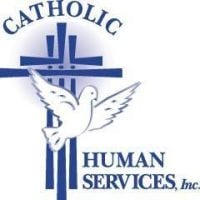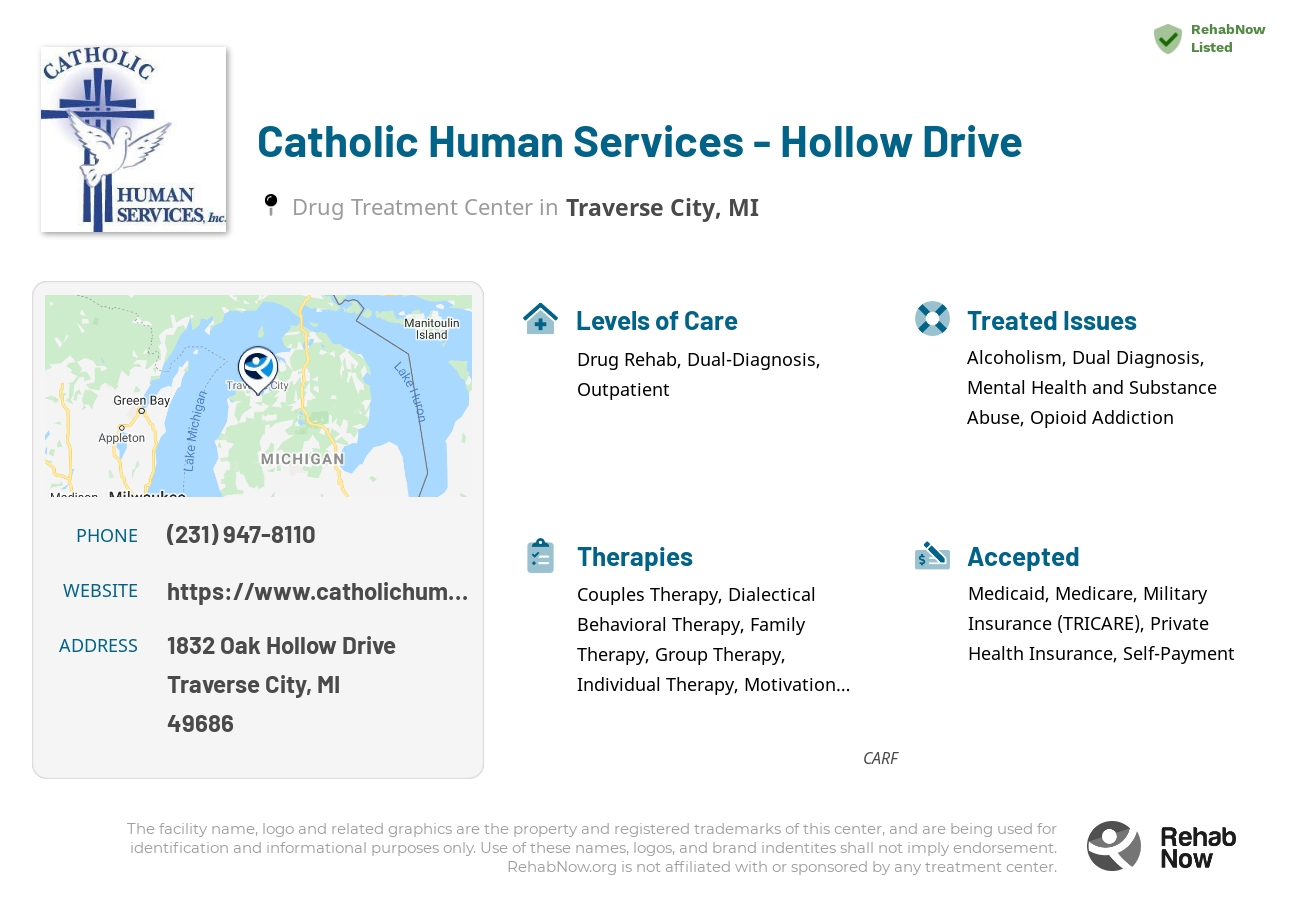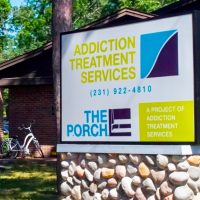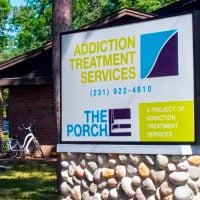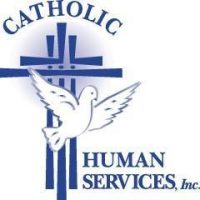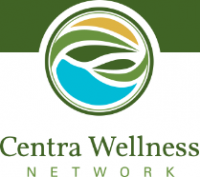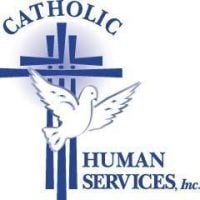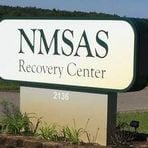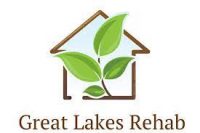About Catholic Human Services - Hollow Drive in Michigan
Catholic Human Services - Hollow Drive in Traverse City, Michigan is a community-based service provider committed to providing their clients with the highest quality of care for addiction and substance abuse treatment. Their team of licensed and certified medical professionals strive to provide a safe and supportive environment for individuals, couples, and families to overcome their struggles with addiction and mental health. They offer a variety of services, including individualized and group therapy, recovery case management, outpatient detoxification, and aftercare services.
Catholic Human Services - Hollow Drive recognizes the necessity of evidence-based approaches when treating addiction and mental health related issues. They focus on a multi-dimensional approach to treatment and strive to assist the individual in finding their own recovery path. Clients are encouraged to identify and address the underlying factors of their addiction while developing coping strategies to better manage stress, cravings, and other triggers. They also offer educational services designed to help clients develop healthy self-awareness, communication skills, and stress management techniques.
Catholic Human Services - Hollow Drive is accredited by the Joint Commission, licensed by the Department of Licensing and Regulatory Affairs, and is a member of the Michigan Association for Alcoholism and Drug abuse Counselors. Furthermore, they are a part of the Traverse City Interagency Housing Consortium, which allows them to offer housing resources and support to those in need. Additionally, they accept a wide range of insurance plans and are committed to making the cost of treatment accessible to everyone.
Genders
Ages
Modality
Additional
Accreditations

CARF
The Commission on Accreditation of Rehabilitation Facilities (CARF) is a non-profit organization that specifically accredits rehab organizations. Founded in 1966, CARF's, mission is to help service providers like rehab facilities maintain high standards of care.
Conditions and Issues Treated
Treatment for opioid addiction is best made with the help of medical professionals who are experienced in dealing with these types of drugs. This treatment can involve medications, exercise, behavioral therapy, and counseling sessions. It is important to note that the effectiveness of treatments for opioid addiction vary, so it is vital to research which treatment options are suitable for each individual.
Many people who struggle with opioid addiction need to attend specific programs like methadone , Suboxone or Vivitrol clinics.
These types of programs will provide the patient with legal, prescription medications that can help them overcome their cravings for illegal opioids like heroin or fentanyl . If the patient has a chronic condition like Hepatitis C, they must undergo treatment before they can begin taking these medications.
Individuals who are addicted to drugs and/or alcohol often have one or more co-occurring mental health disorders. Addressing both the addiction and the mental health problems at facilities like Catholic Human Services - Hollow Drive can be very beneficial for these individuals.
Common mental health conditions that often co-occur with addiction include:
- Anxiety Disorders – People with drug and alcohol problems often suffer from anxiety disorders such as panic disorder, obsessive-compulsive disorder, social anxiety disorder, and generalized anxiety disorder.
- Depression – One of the most common mental illnesses co-occurring with addiction is major depressive disorder.
- Attention-deficit hyperactivity disorder (ADHD) – Many people with drug and alcohol problems also suffer from ADHD.
- Bipolar Disorder – People with bipolar disorder are more likely to suffer from drug and alcohol problems than the general population, and vice versa.
Levels of Care Offered
This center offers a variety of custom treatment tailored to individual recovery. Currently available are Drug Rehab, Dual-Diagnosis, Outpatient, with additional therapies available as listed below.
Outpatient treatment can be considered the lowest intensity level of addiction treatment in Traverse City, MI. It is ideal for early phase addiction or lower intensity addictions. Catholic Human Services - Hollow Drive peer group support, 12-step programs, and individual counseling are likely to be involved.
Therapies & Programs
Individual therapy is ideal for addicts who want to focus on themselves. It can also be helpful for those whose withdrawal symptoms are exacerbated by the presence of other people.
Benefits of individual therapy are:
- Access to a personalized treatment plan that focuses on the individual needs of the addict
- More privacy during treatment sessions
- Better personal development through introspection
- Increased self-awareness regarding addictive tendencies in order to avoid relapse
- Greater potential for a long-term recovery plan
- Receiving professional advice and detox assistance from medical staff
Couples therapy is a treatment method used to help couples in which at least one member of the couple has a drug addiction. Couples therapy can be used whether the addicted partner is using drugs or in recovery. An additional benefit of couples therapy is that it can help make other types of treatment, such as 12-step programs, more effective.
Family therapy can help you and your family deal with old issues that may trigger substance abuse. The idea behind family therapy for drug addiction is that you are never fully healed from substance abuse until you’ve healed your relationship with your family, too. To get sober, you need to find a different way to cope with the pain in your life.
This is when a group of people in various stages of recovery meet up and discuss their experiences, triggers, successes, failures, and even alternative therapies! Unlike support groups where everyone already knows each other, group therapy is conducted along side outpatient or inpatient treatment at Catholic Human Services - Hollow Drive.
Trauma therapy is a clinical process that helps individuals deal with mental stress often caused by traumatic events. The therapist helps the person identify, understand and work through the problem. This is done with the help of talking about it in group or one-on-one counseling sessions.
Therapists use relaxation, role-playing, art, and music to help the person open up about what is bothering them. Some examples include:
- Talking about the traumatic event and how it affected them.
- Helping those who have PTSD to deal with their nightmares and recurring memories.
- Working with individuals to resolve the issues triggering the stress, whether seeing someone who reminds them of what happened or feeling helpless.
The individual is also encouraged to help others that are struggling with similar problems. This often helps them feel empowered and gives them hope.
Trauma therapy is not for everyone; it is usually reserved for people who have recently experienced a traumatic event and struggle to get over it. It is generally done for children, teenage victims of sexual assault, and war veterans.
Dialectical Behavior Therapy (DBT) is used by drug treatment centers across the United States to help drug addicts become sober. DBT is a type of Cognitive Behavioral Therapy (CBT) that combines traditional behavioral treatments with elements from DBT, including dialectics, distress tolerance, and interlocking issues. Some of the negative behaviors associated with addiction, such as impulsivity and mood swings, are addressed in DBT, while others like craving and isolation are not. It is commonly used to treat Borderline Personality Disorder (BPD) along with substance abuse disorders.
The four DBT modules are mindfulness, interpersonal effectiveness, emotion regulation, and distress tolerance:
- Mindfulness helps recovering addicts learn to identify and experience their emotions while realizing that they are not permanent.
- Interpersonal Effectiveness includes assertiveness, asking for what you need, and saying no while improving communication skills.
- Distress Tolerance has recovering addicts learn how to tolerate distress at the moment and avoid resorting to substance abuse.
- Emotion Regulation is used to identify, express and change emotions.
CBT is a psychotherapy approach and method. [ws-nap-name] people to examine how their thoughts, including habitual harmful and inaccurate thinking, affect their actions. CBT is based on the idea that rigid, inflexible thinking leads to poor stress management, which leads to emotional distress.
Similarly, CBT helps people identify and change negative behaviors. It makes you question your perceptions and ask if they are realistic. CBT asks people to examine their behaviors and emotional responses and how they affect their lives. CBT aims to change people’s thinking and behavior to lead a more balanced and healthy life.
Moreover, CBT has been shown to reduce anxiety disorders, depression, and symptoms associated with harmful thoughts or actions.
Payment Options Accepted
For specific insurance or payment methods please contact us.
Is your insurance accepted?
Ask an expert, call (888) 674-0062
Catholic Human Services Associated Centers
Discover treatment facilities under the same provider.
- Catholic Human Services - Traverse City in Traverse City, MI
- Catholic Human Services - Alpena in Alpena, MI
- Catholic Human Services - Gaylord in Gaylord, MI
- Catholic Human Services - Cadillac in Cadillac, MI
- Catholic Human Services - Manistee in Manistee, MI
Learn More About Catholic Human Services Centers
Additional Details
Specifics, location, and helpful extra information.
Traverse City, Michigan 49686 Phone Number(231) 947-8110 Meta DetailsUpdated November 25, 2023
Staff Verified
Catholic Human Services - Hollow Drive Patient Reviews
There are no reviews yet. Be the first one to write one.
Traverse City, Michigan Addiction Information
Michigan has the second-highest rate of drug and alcohol abuse in the nation. Heroin is linked to more than 50% of the state's hepatitis C cases. Marijuana is the drug most often associated with crimes in Michigan, followed by methamphetamines. Opioids alone are responsible for almost 20% of all drug overdose deaths in Michigan.
The number of deaths due to drug overdose has been on the rise in Traverse City, Michigan. Every day, 2,500 teens use prescription drugs to get high for the first time. The number of deaths due to drug overdose has been on the rise in Traverse City. In 2016, there were 34 drug-related deaths, which was a 50% increase from the previous year.
Treatment in Nearby Cities
- Gaylord, MI (50.2 mi.)
- Benzonia, MI (25.2 mi.)
- Grand Blanc, MI (159.4 mi.)
- Mio, MI (73.1 mi.)
- Capac, MI (178.9 mi.)
Centers near Catholic Human Services - Hollow Drive
The facility name, logo and brand are the property and registered trademarks of Catholic Human Services - Hollow Drive, and are being used for identification and informational purposes only. Use of these names, logos and brands shall not imply endorsement. RehabNow.org is not affiliated with or sponsored by Catholic Human Services - Hollow Drive.
